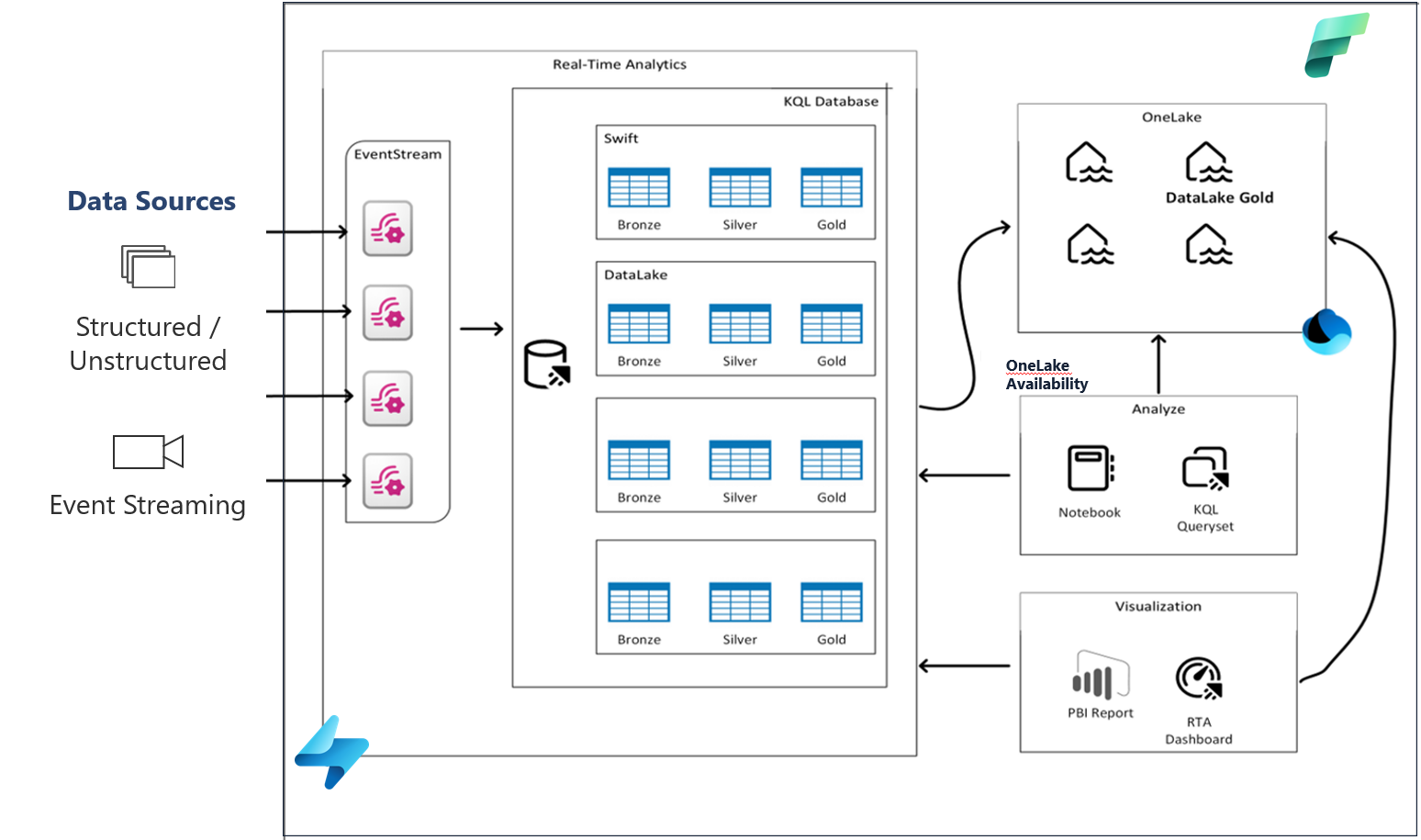Update to required permissions when using composite models on a Power BI dataset
The ability to create a composite model on top of a Power BI dataset or an Azure Analysis Services model is in preview since December 2020. Since then, we have seen huge adoption of this feature and have received a lot of feedback that allowed us to make it even better! The team has been hard at work readying the feature for general availability, and although we are not announcing that today, we have great news to share.
One of the biggest items of feedback has been the need to give Build permissions or the Contributor role to users consuming (reading) a report that leverages a composite model based on a Power BI dataset. To be more precise, anyone consuming a report needs to have Build permissions on all datasets in the chain. Many of you argued that giving Build permissions to a user that just needs to consume a report is overly permissive: amongst others it gives them the ability to create new datasets, which is more than you originally wanted to. And you’re right.
Fast-forward to today: Starting today, for datasets in Premium or PPU workspaces, a user that consumes a report that leverages a composite model based on a Power BI dataset is required to have just Read permissions (or have the Viewer role) on all datasets in the chain.
While this is great news for those that only use Premium or PPU workspaces, I know this is concerning to those that leverage Pro workspaces, or a mix of types. Rest assured, we plan to make the same change for Pro workspaces as well, but for technical reasons we are not ready to announce that just yet.




